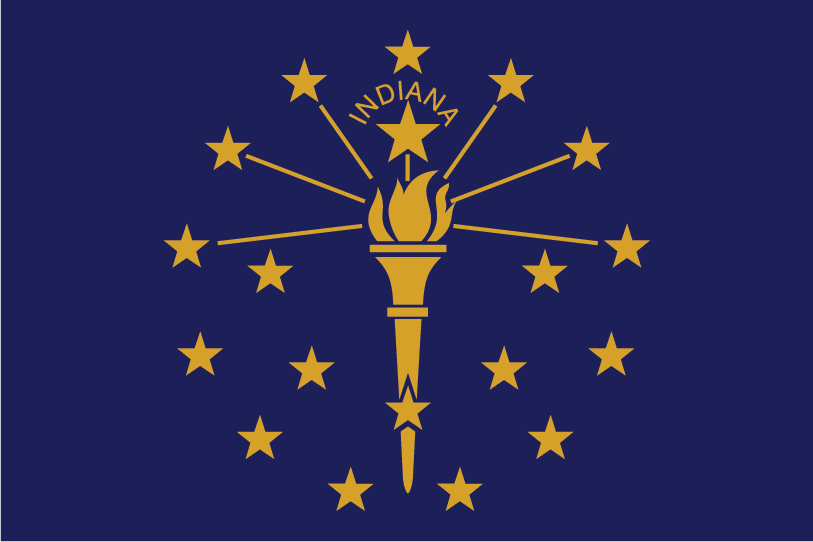You could start to receive Social Security Disability Insurance (SSDI) benefits in the sixth month of disability. You should have been disabled for at least five months. An exception is if you have been diagnosed with amyotrophic lateral sclerosis (ALS) and approved for SSD benefits on or after July 23, 2020.
Sometimes you could be eligible for other benefits along with your Social Security Disability Insurance benefits. Read on to find out which benefits you might be eligible for besides your SSDI payments. (Find out more about what to know about SSDI here).
What are all the benefits available to me with SSDI?
Medicare
After you have received SSDI benefits for 24 months, you will automatically be enrolled in Medicare Part A and Medicare Part B. These parts of Medicare cover hospitalizations and doctor’s visits. You will receive more information on the health insurance that you could receive through the Medicare program a few months before coverage starts.
You could choose to enroll in Medicare Part C and Medicare Part D. These parts of Medicare allow you to receive healthcare coverage through a Medicare-approved private company and covers prescription medication. If you want to enroll in Medicare Part C and Medicare Part D, you will need to do so on your own.
While you receive Medicare, you might be required to make co-payments and meet deductible requirements. However, programs in certain states might cover these costs for you if you have a low income and few resources.
Persons with medical conditions like amyotrophic lateral sclerosis (ALS) or permanent kidney failure requiring a transplant or regular dialysis could qualify for immediate Medicare coverage.
Continuation of Health Coverage (COBRA) program
COBRA stands for The Consolidated Omnibus Budget Reconciliation Act. Under COBRA, you can continue receiving health coverage from your (former) employer’s plan if you resign, lose your job, reduce your hours, or change from one job to another. You could also use this benefit in the event of divorce or other life events. These benefits could also be available if you received cover through your spouse or parent.
If you choose to receive continued health benefits under COBRA, you might be responsible for paying the entire premium up to 102% of the plan’s cost.
Coverage under COBRA is temporary, usually for 18 or 36 months. If you were terminated or your hours reduced, you might be eligible for receiving COBRA coverage for 18 months. Suppose you qualified to receive Medicare less than 18 months before qualifying for COBRA. In that case, you could receive COBRA coverage for a maximum of 36 months. In this case, the 36-month period starts from the date on which you became eligible for Medicare.
In some cases, persons with a disability could be granted an additional 11 months on top of the regular 18 months to receive a total of 29 months of COBRA coverage.
Supplemental Security Income (SSI)
Supplemental Security Income is specifically aimed at persons who are blind, disabled, 65 years of age or older, and who meet specific income requirements. Recipients who meet SSI eligibility need to have a limited income, earn below a specific amount, and have less than a specific value in resources to be eligible for SSI.
Other financial aid programs like Medicaid and the Supplemental Nutrition Assistance Program (SNAP) could also be available for persons who qualify for SSI.
Private disability benefits
Suppose you have private policies like a private insurance policy or pension plan. In that case, you might be eligible to receive disability benefits through those. Benefits received from a private source will not influence the amount you receive through the Social Security Disability Insurance program each month.
Public disability benefits
You might qualify for other federal, state, or local government disability benefit programs. These programs include civil service disability benefits, state and local government retirement benefits, or state temporary disability benefits.
Family and survivor SSDI benefits
Recipients of SSDI benefits’ family members could be eligible for receiving up to 50% of the recipients’ monthly benefit amount. In total, an SSDI recipient and their family could receive between 105 and 180 % of the beneficiary’s monthly disability benefit.
Suppose you were to pass away while receiving SSDI benefits. In that case, your family members might be eligible to receive survivor benefits through the program. Family members who may receive benefits include your surviving spouse, ex-spouse, or dependent children or parents. Ex-spouses could be eligible for survivor benefits even if they already receive survivor benefits from another spouse.
Any other tips or things to keep in mind
Gaps could influence Social Security retirement benefits in employment. When you are unable to work due to disability, this could cause a gap in employment and affect the amount of disability benefits you might be eligible for once you reach retirement age.
In these cases, the Social Security Administration applies a ‘disability freeze’ for recipients of Social Security Disability Insurance benefits. Thus, no employment gap will be registered against your name, and your disability benefits will convert to Social Security retirement benefits once you reach retirement age. In most cases, the amount of benefits received will stay the same.
Suppose you have one or more private benefits programs. In that case, these programs will likely require you to apply for all other benefit programs that you are eligible for. Suppose you are eligible for receiving SSDI or another financial aid program. In that case, the combination of funds from the SSDI (or other sources) and the Long-Term Disability (LTD) program will pay a maximum amount.
This amount equals the amount you would have received from the private Long-Term Disability program. If your SSDI payment is less than you would have received from LTD, the private disability program will pay you the difference. If you receive benefits from other sources exceeding the amount you would have received through the LTD, the private disability program will pay no benefits.
How can I receive all these benefits?
Some benefits, like Medicare, will come into effect automatically. You will need to apply for others. The application process and eligibility criteria are different for each benefit program. For that reason, our team is standing by, ready to help you get the most benefits on top of your Social Security Disability Insurance payments. You can also find out more about the benefits that you qualify for on SSDI here.
Persons who receive Social Security Disability Insurance benefits might also be eligible for other benefits. These benefits could include Social Security benefits or benefits from private disability programs. For example, someone who receives SSDI payouts could also be an SSI beneficiary or receive funds from a privately held policy and receive concurrent benefits from all of these financial aid programs.
Sometimes you might not even know that you qualify for benefits besides your social security disability benefits, or you don’t maximize your payouts. Our team can help you establish which benefits you might qualify for and work with you to secure those payouts.
 Benefits.com Advisors
Benefits.com Advisors
With expertise spanning local, state, and federal benefit programs, our team is dedicated to guiding individuals towards the perfect program tailored to their unique circumstances.
Rise to the top with Peak Benefits!
Join our Peak Benefits Newsletter for the latest news, resources, and offers on all things government benefits.


















